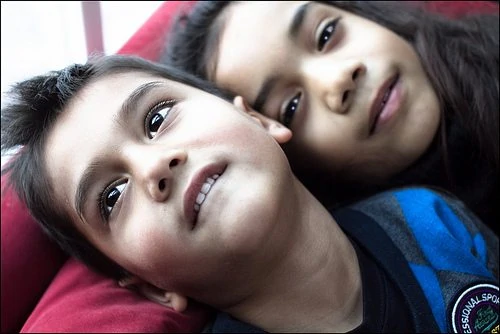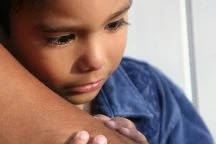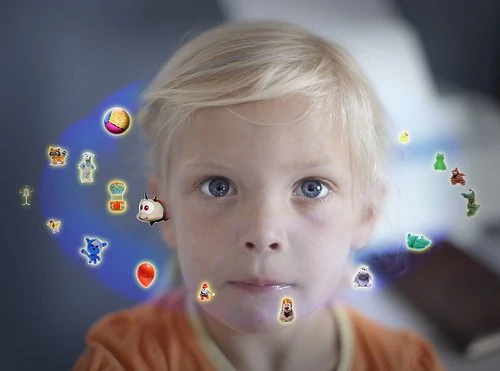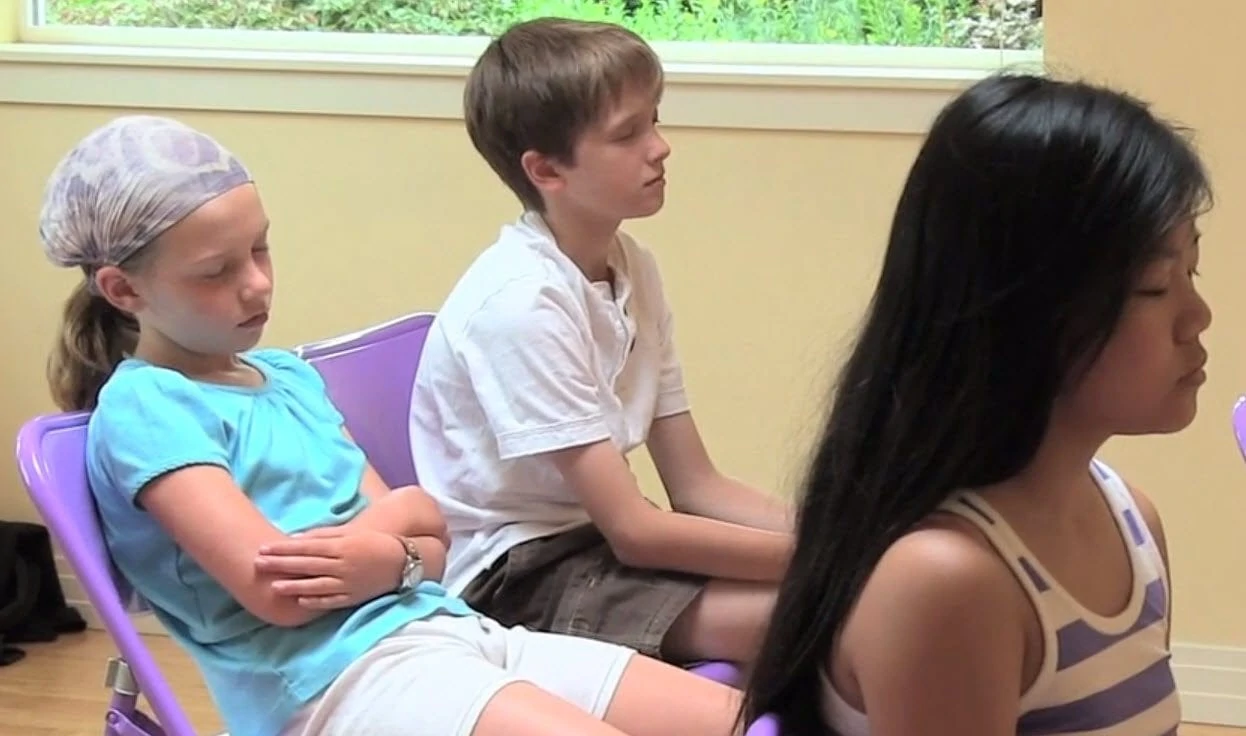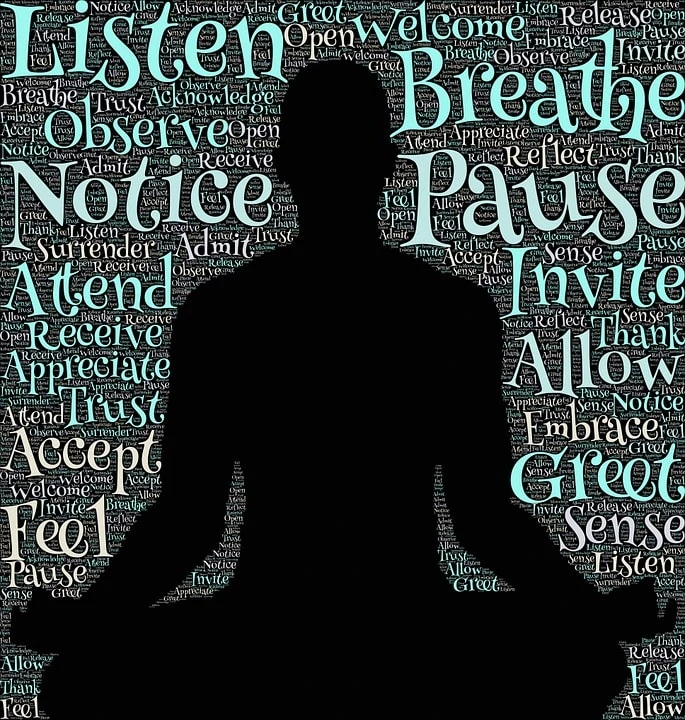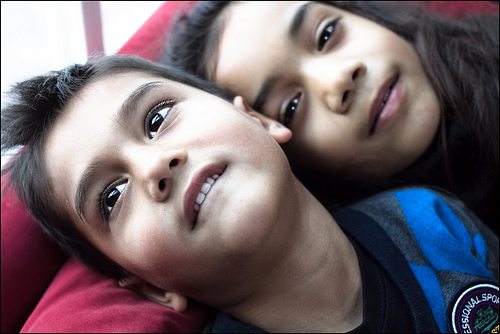
One reason why is just our search for solutions to the increasing pressure and uncertainty we feel subjected to, children and adults alike. But there’s also been a wealth of new research in recent years showing just how beneficial mindfulness practices can be at work, home and, of course, at school.
Just last month, a study out of the University of California, Santa Barbara, found that undergraduates who went through a two week intensive mindfulness training demonstrated better focus, improved working memory and higher reading comprehension scores. Another, from the University of Exeter, focused on tweens and teens. Those who received mindfulness training reported fewer depressive symptoms, lower stress and a greater sense of well-being than those who did not participate in the training.
Meantime, conferences like Bridging the Hearts and Minds of Youth – which we presented at earlier this year in San Diego along with Jon Kabat-Zinn – help bring the science and its practical applications to educators, therapists, clinicians and others who work with youth.
In fact, a new domain has emerged for the systematic study of the effects of mindfulness, as well as yoga and other contemplative practices, on the body, brain, mind and social relationships – a field called “Contemplative Science.”
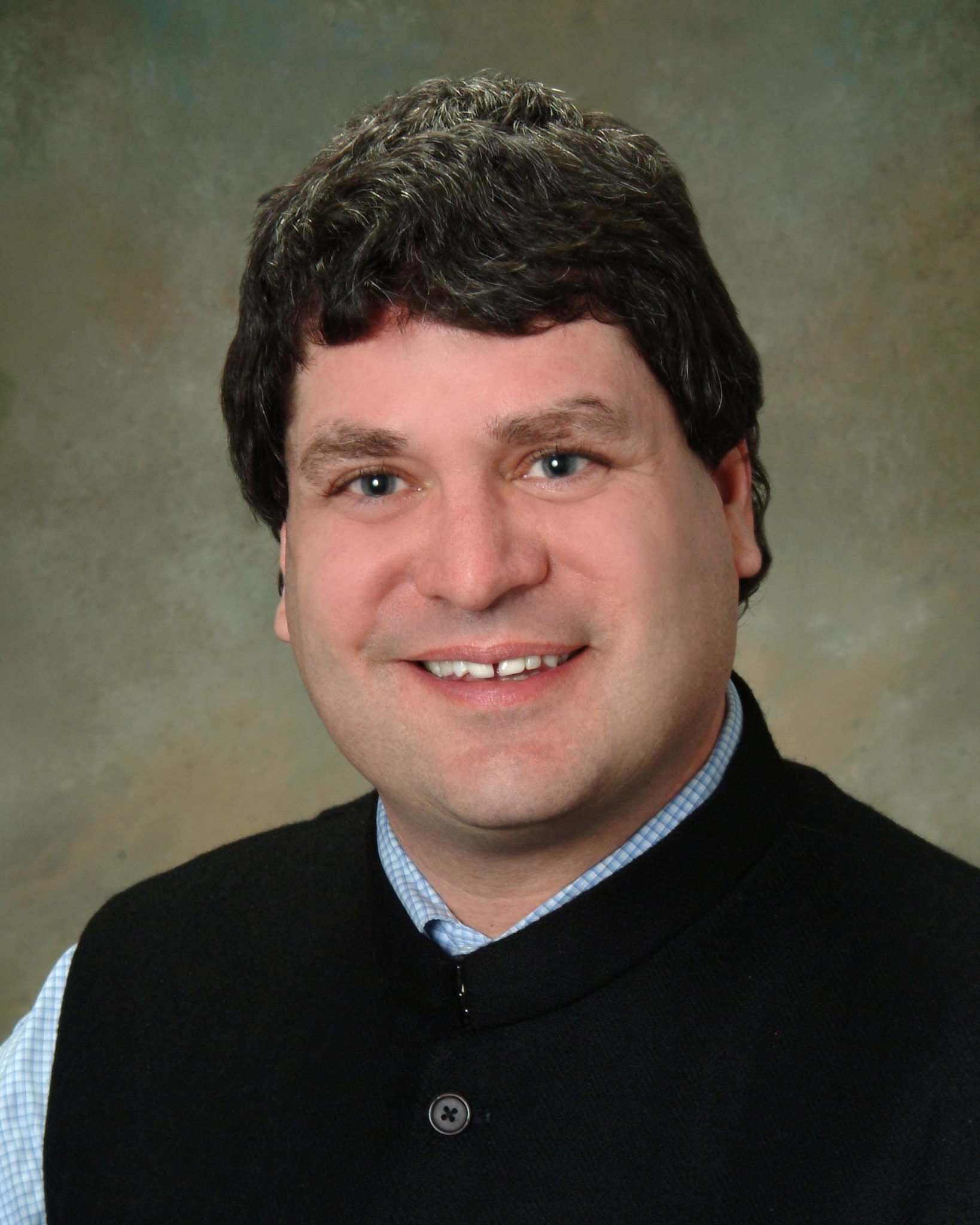
Professor Roeser has also established the Culture and Contemplation in Education Laboratory (CaCiEL) at PSU to study how the introduction of developmentally and cultural appropriate contemplative practices into mainstream schools may prove to be a novel way of reducing stress, enhancing well-being, strengthening motivation and self-regulatory capacity, and cultivating clear and compassionate forms of awareness among educators, staff, and students alike.
We are honored to have Dr. Roeser slated to talk about this emerging science at our Summer Intensive at Still Meadow Retreat, June 17 to 23. His interactive “Train Your Mind, Change Your Brain” presentation will offer new findings, guiding questions and issues surrounding the use of contemplative practices in schools.
Here’s how he describes his special focus on the preschool and middle school years in particular:
Research shows that the crowning achievement of human cognitive activity – those prefrontal cortex processes that allow for deliberate, top-down self-regulation of behavior, emotion and cognition, develop most rapidly during the preschool years (ages 3-7) and the middle school (ages 10-14) years (Zelazo & Carlson, 2013). These processes include things like planning, reflection, mental flexibility, and self-control.
Furthermore, there are indications that contemplative practices like mindfulness meditation and yoga can shape these so-called “executive function processes” during these critical years when such processes are highly malleable and still forming (Roeser & Zelazo, 2012). The question is, can contemplative training during these “sensitive periods” in the development of EF confer a lifetime of positive mental habits on children and youth that conduce towards health, well-being, and satisfying relationships with others? Investigating that question is a key goal of a newly emerging field of study called “Developmental Contemplative Science.”
The video below – featuring another key researcher in this new field, Dr. Adele Diamond – gives further insight to the science underlying the field. Frankly, between these two scholars’ work, we’ve never seen anything else that so clearly supports the Yoga Calm approach to children’s holistic education.
Whether you’re a Yoga Calm newbie or an old pro, we hope you’ll join us for this year’s Intensive – a week of Wellness workshops in a beautiful retreat setting and presentations by guests like Dr. Roeser and Will Hornyak, who we told you about in our last post. Those new to our program will come away with a whole new set of skills, strategies and information to add to their work with children; Yoga Calm veterans will be renewed, refreshed and inspired.
There’s still time to register for this June event, but space is filling fast. Complete program details and online registration are available here.
Kids image by jlynn11235, via Flickr

